
Jumpstart Your Japanese Learning Journey With Our Guide To The Best Resources For Learning Japaneese
Why Learn Japanese?
Why not?
Ok, it is difficult, but we think it’s worth it.
Japanese may not be the most spoken languages in the world, but as the third largest economy in the world, and one of the globes largest contributors to culture and innovation, it may be worth learning. That being said, it is also one of the hardest languages to learn. But, it's worth the effort!

What if you could speak Japanese?
Just imagine being able to visit Japan and actually speak with people here locally. Otherwise you’ll just be flailing your arms and trying to use Google translate hoping they understand you.
Maybe you like watching anime, but want to get the authentic experience and nuance of the characters. Sure you can watch with subtitles, but I can assure you it’s still not quite the same.

Or, perhaps, you want to make some international friends. Japanese people are some of the nicest most polite and courteous people you’ll meet. don’t you think that’s the kind of person you might want to talk to?

The Japanese Writing systems
Japanese can be difficult to learn because it requires mastery of three different sets of characters: Hiragana, Katakana and Kanji.

The Hiragana and Katakana characters make up a syllabary system with 46 basic symbols (or phonograms) each. The Kanji symbols represent Chinese characters that have been adopted into Japanese.
It is absolutely worth learning the Japanese reading and writing systems if you plan to study Japanese long-term. The reading practice will help you better understand Japanese grammar and vocabulary.
Speaking will of course be useful in real life situations, but reading Japanese can give you a jump start in your vocabulary and help beginners reach an intermediate level quicker before graduating to more advanced kanji and grammar.

There are many benefits to learning this language because it can help you in your career, personal life and just overall understanding of other cultures!
The 10 Best Resources For Learning Japanese
Learning Japanese is not easy. It is a complex language with three different writing systems, which are Hiragana, Katakana and Kanji. Fortunately, there are many great resources that can help learners to learn Japanese online.
The following list of 10 best Japanese resources for learning Japanese is based on the quality of their content, the frequency of updates and the number of subscribers.

1) Memrise:
This website / app provides both free and paid courses in various languages including Japanese.
Their free courses include vocabulary lists with audio clips so that learners can practice pronunciation at home or on the go.
I have found this to be one of the best ways to get going and is actually how I began learning Japanese. You can learn japanese reading through romaji, katakana, hiragana, and kanji.
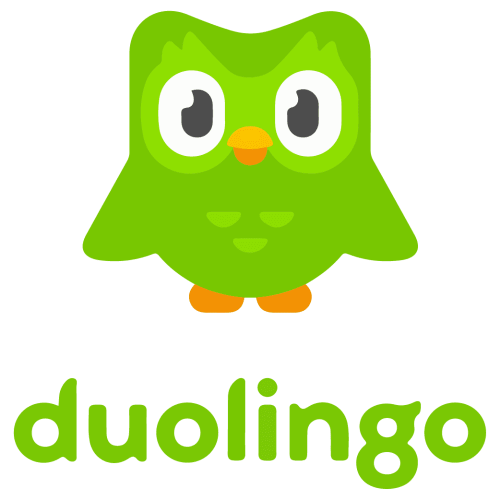
2) Duolingo:
This website / app is probably the most widely-known language learning program and provides free basic lessons in a variety of languages including Japanese among others.
The lessons are broken down into short sections with fun exercises to keep you engaged while you learn new words and phrases.

3) YouTube:
YouTube has several channels that offer videos related to learning Japanese. Here’s our quick list of useful YouTube channels for learning Japanese.
-
Learn Japanese with JapanesePod101.com - lots of education videos about learning Japanese
-
Dogen - both comedy videos and lots of content on proper pronunciation and pitch accent
-
Onomappu - entertaining videos in easily understandable Japanese. Really great for learning and practice
-
Japanese Ammo with Misa - she does really thorough explanations of a lot of grammar points and gives example sentences
-
That Japanese Man Yuta - while he doesn’t teach much Japanese in his videos, There are many interviews with Japanese people that can help you understand how average people talk.
-
Ask Japanese - this channel also interviews many Japanese people. This helps you get away from “book” Japanese and practice listening to real Japanese
Of course there are many more channels on YouTube and it is always a great resource.
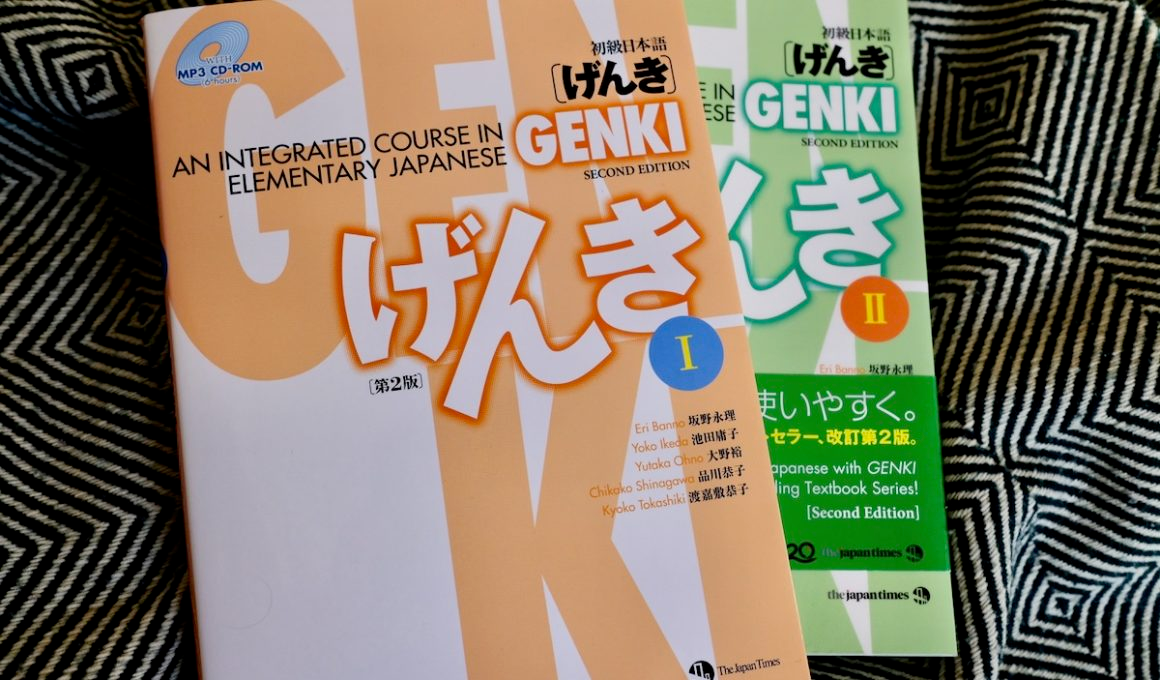
4) Genki Books:
The Genki series of books is a staple in the Japanese language learning community and is one of the best Japanese books to learn from.
Genki Books makes it easy for anyone to learn Japanese. The textbooks are structured to get learners up and running as quickly as possible with clear explanations of grammar and vocabulary, full-color illustrations, reading practice, fun cultural notes, and more.
These are especially useful if you plan to take an Japanese language tests.
You can find some PDF’s here

5) Anime:
This may not be new to many, but anime can be a great way to learn Japanese.
Of course you can use subtitles, but it is good to challenge yourself to try to watch without them. Being forced to listen and follow the story will help you pick up things you might miss otherwise.
Some anime doesn’t have particularly easy Japanese, but you can always use subtitles in the beginning.

6) Japanese TV:
We are also adding Japanese TV to the list. You may think that anime and Japanese TV are basically the same thing, but you would be wrong.
Watching regular TV, especially variety shows and commentary channels will give you a more natural sense of the language as well as some more cultural nuances.
Anime and movies are all scripted after all. The more natural Japanese you are exposed to, the better.
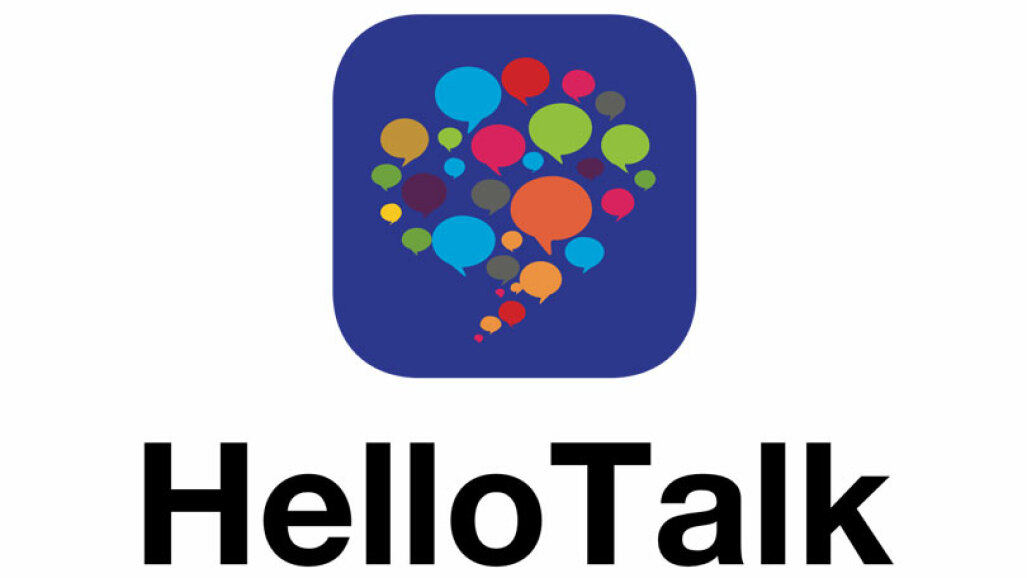
7) HelloTalk:
Speaking of natural Japanese, what is more natural than talking to native speakers? HelloTalk is a great app that you can use to connect with people who speak a language you want to learn and are interested in what you speak natively.
For example, if you speak English, and want to learn Japanese, you can match with people who speak Japanese and want to learn English.
You can both help each other improve your vocabulary and grammar. You can take it a few steps further by texting, sending voice messages.
Best of all you can search by location and if you both live near each other (which does happen in major cities) you can meet and do a language exchange practice session.

8) Children’s Books:
Yes, Japanese kids books and stories. If you’re learning to read Japanese what better way than to start with books that are actually targeted at native Japanese learners learning new words.
You can slowly up the difficulty as books will slowly start adding in more words and kanji as the difficulty progresses.
This is also a very useful way to learn the very common Japanese onomatopoeias that might be left out of other textbooks.

9) Japanese Kids:
I want to start by saying I understand this may not be the easiest, but if you can talk to young Japanese kids, you will learn a lot.
Not only will they be at a lower level and speak more beginner Japanese , but their excitement and curious nature can make it much more fun than trying to struggle to have a conversation with adults.
Of course you may not have many Japanese kids around you, but you could look into if there is a Japanese culture center near you that you could volunteer at.
There are also some online lesson companies that could pair you up with Japanese kids wanting to learn English.
Depending on their policies, if you can incorporate a little Japanese speaking into your lessons, it can be great for the student to feel more comfortable, and you can pick things up as well.

10) COME TO JAPAN:
Maybe you saw this coming, but this really is the best way to learn.
Studying will only get you so far with Japanese grammar, reading Japanese, and Japanese writing. You could come here to work, come on vacation, go to a language school, there’s many choices.
However you find a way, coming here is without a doubt the best way to learn the language. The one thing to be careful of is falling into the trap of getting comfortable in a foreigner circle.
There are many people who do come and live here for many years who do not understand Japanese.
You can take lessons while you’re here, but even just making sure you are actively listening and trying to pick things up while out and about, will put you miles ahead in your Japanese language learning.
What are the benefits of being bilingual
Bilingualism is a skill that can help you in many ways. Sure, it is a cool skill to have, but it can help you become more creative, it can make you smarter and it can even help you live longer according to some sources!
Being bilingual has been linked to a number of health benefits. Studies have shown that bilingualism may reduce the risk of dementia, delay the onset of age-related diseases and even improve your cardiovascular health.
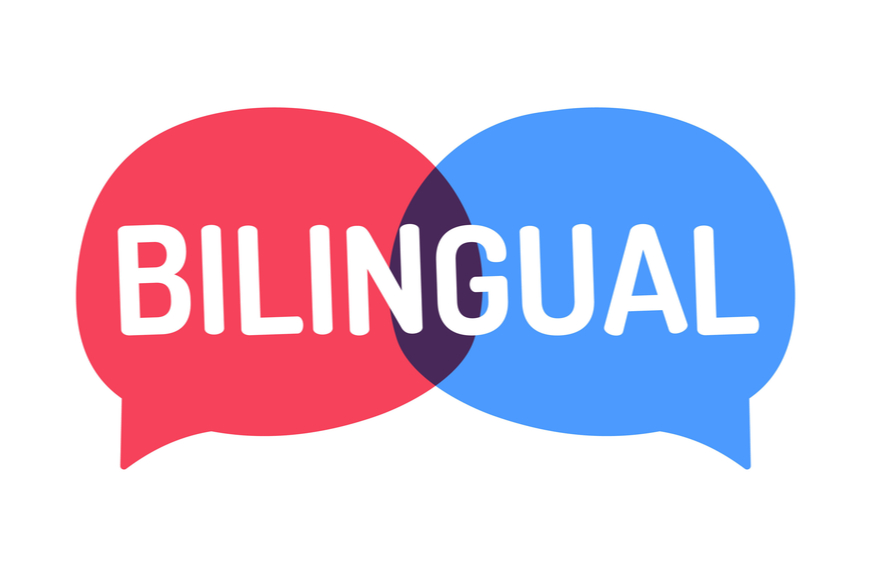
But it's not just about your health - being bilingual also has advantages in the workplace and in social settings.
Japanese for your job
We mentioned earlier how Japan was the world’s 3rd largest economy. Well, depending on what work you do, you might find that being bilingual in a language many people don’t know outside of native speakers to be very helpful.

If your company is large enough and has any dealings with Japan, you might all of a sudden become very valuable to your company.
Make Japanese Friends
Friends! Yes, we mentioned this before too, but there’s a lot of Japanese people and the culture here is pretty interesting. If you are bilingual and can speak Japanese, you are suddenly opened up to that world that was previously closed off.

Not to mention that you will automatically get bonus points here in Japan for being able to speak Japanese beyond “konnichiwa” and “arigatou”.
9 Best Sites to Learn Japanese
- Duolingo
Duolingo is a popular language-learning platform that offers a comprehensive course in Japanese. The course is designed to teach you the basics of the language, including hiragana, katakana, and basic vocabulary. The lessons are interactive and engaging, making learning Japanese fun and easy.
Duolingo - https://www.duolingo.com/course/ja/en/Learn-Japanese
- Memrise
Memrise is another language-learning platform that offers a Japanese course. The course is designed to help you learn Japanese vocabulary and phrases. It uses a combination of visual aids, audio clips, and quizzes to help you memorize the words and phrases.
Memrise - https://www.memrise.com/courses/english/japanese/
- JapanesePod101
JapanesePod101 is a popular website that offers a range of resources to help you learn Japanese. The site offers video lessons, audio lessons, and interactive quizzes. It also has a community of learners where you can practice speaking and writing Japanese with other students.
JapanesePod101 - https://www.japanesepod101.com/
- Tofugu
Tofugu is a website that offers a range of resources to help you learn Japanese. The site offers articles on Japanese culture, language, and travel. It also has a comprehensive guide to Japanese grammar and vocabulary.
Tofugu - https://www.tofugu.com/learn-japanese/- NHK World
NHK World is the international broadcasting service of NHK, Japan's public broadcaster. The website offers a range of resources to help you learn Japanese, including audio and video lessons, news articles in Japanese, and a series of online courses.
NHK World - https://www.nhk.or.jp/lesson/english/- Lingodeer
Lingodeer is a language-learning platform that offers a Japanese course. The course is designed to teach you the basics of the language, including hiragana, katakana, and basic vocabulary. The lessons are interactive and engaging, making learning Japanese fun and easy.
Lingodeer - https://www.lingodeer.com/learn-japanese- Japanesepod101
Japanesepod101 is a podcast and website that offers a range of resources to help you learn Japanese. The site offers audio lessons, video lessons, and interactive quizzes. It also has a community of learners where you can practice speaking and writing Japanese with other students.
Japanesepod101 - https://www.japanesepod101.com/- Rocket Japanese
Rocket Japanese is a language-learning platform that offers a comprehensive course in Japanese. The course is designed to teach you the basics of the language, including hiragana, katakana, and basic vocabulary. The lessons are interactive and engaging, making learning Japanese fun and easy.
Rocket Japanese - https://www.rocketlanguages.com/japanese/- Japanese Online
Japanese Online is a website that offers a range of resources to help you learn Japanese. The site offers lessons on Japanese grammar, vocabulary, and culture. It also has a community of learners where you can practice speaking and writing Japanese with other students.
Japanese Online - https://www.learn-japanese-adventure.com/
Learning Japanese can be a fun and rewarding experience, and there are numerous resources available online to help you achieve your goals. Whether you're a beginner or an advanced learner, these sites can help you improve your Japanese skills and achieve your language-learning goals.
5 Ways Japanese Reading Practice Will Help Your Language Skills Progress Fast And Easily
Reading a book in another language is a great way to improve your vocabulary and sentence structure.
Reading books in another language helps you improve your vocabulary and sentence structure. This can be achieved by reading books written in the foreign language or by reading translated versions of books that are originally written in the foreign language.

In the past, people used to read books written in their native tongue for pleasure. But nowadays, more and more people are choosing to read books written in other languages. They do this for various reasons: they want to learn about other cultures, they enjoy the challenge of reading a new language, or they're preparing themselves for an upcoming trip abroad where they'll need to speak with locals who don't speak their own native tongue.
Can you learn Japanese by reading?
You can learn Japanese through reading. With the right material, such as books or manga comics, you can learn how to read, write and pronounce words in Japanese. One of the most important aspects of starting to learn Japanese is learning the alphabet which is called Hiragana. Hiragana are the basic building blocks for reading Japanese. They’re small, simple and easy to learn, so you can start reading Hiragana by the end of this lesson!
*The following Japanese alphabet chart is for Hiragana, basic Japanese characters.
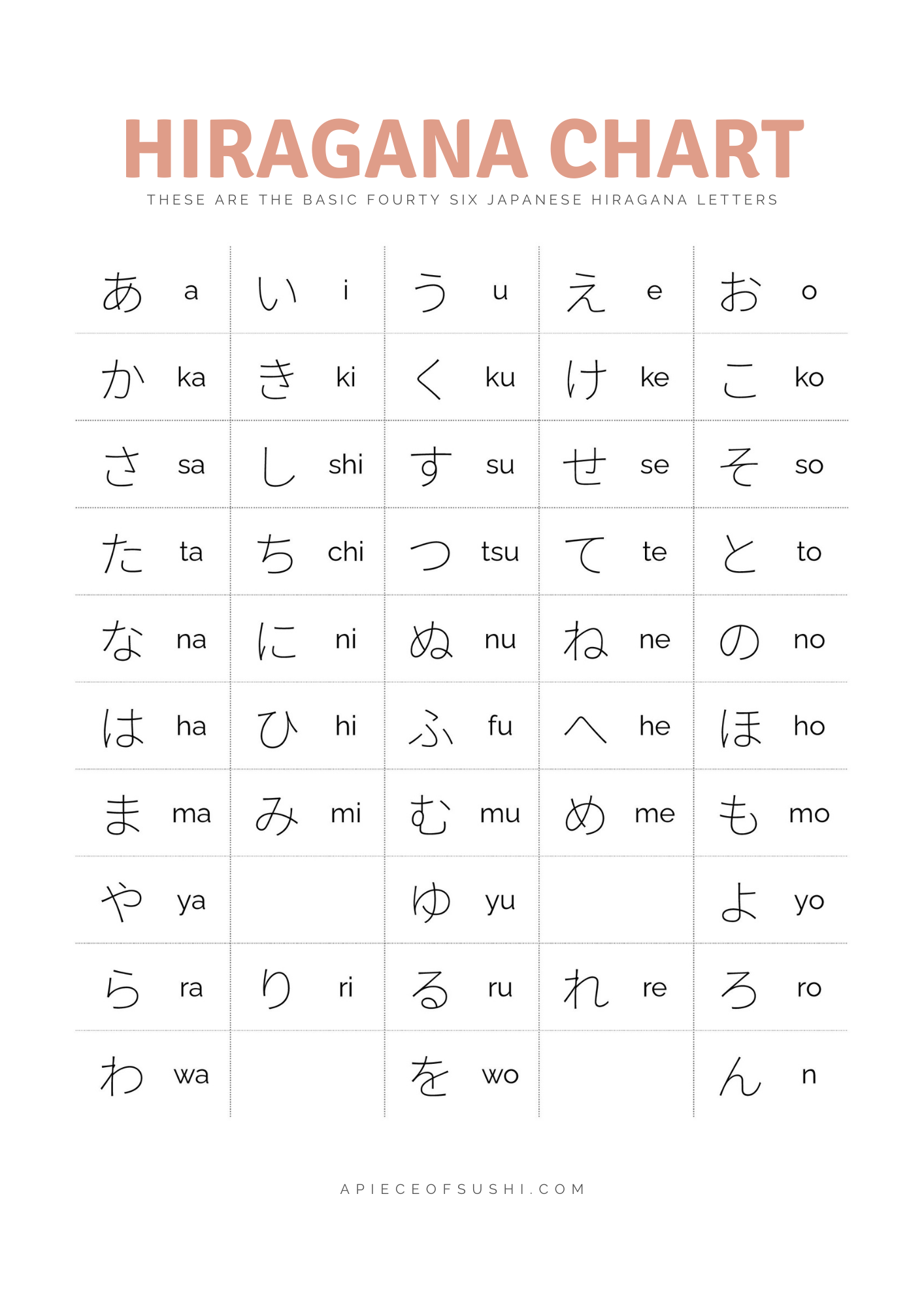
learn to read Hiragana with this easy to read chart from apieceofsushi.com
After learning Hiragana, the next step is to learn katakana. In a way this should be easier since the sounds are the same and Katakana is mainly used for loan words from other languages such as English.
It can be a little confusing to have the two different symbols for he same sounds, but it is something you can get used to over time
*The following Japanese alphabet chart is for Katakana, basic Japanese characters.
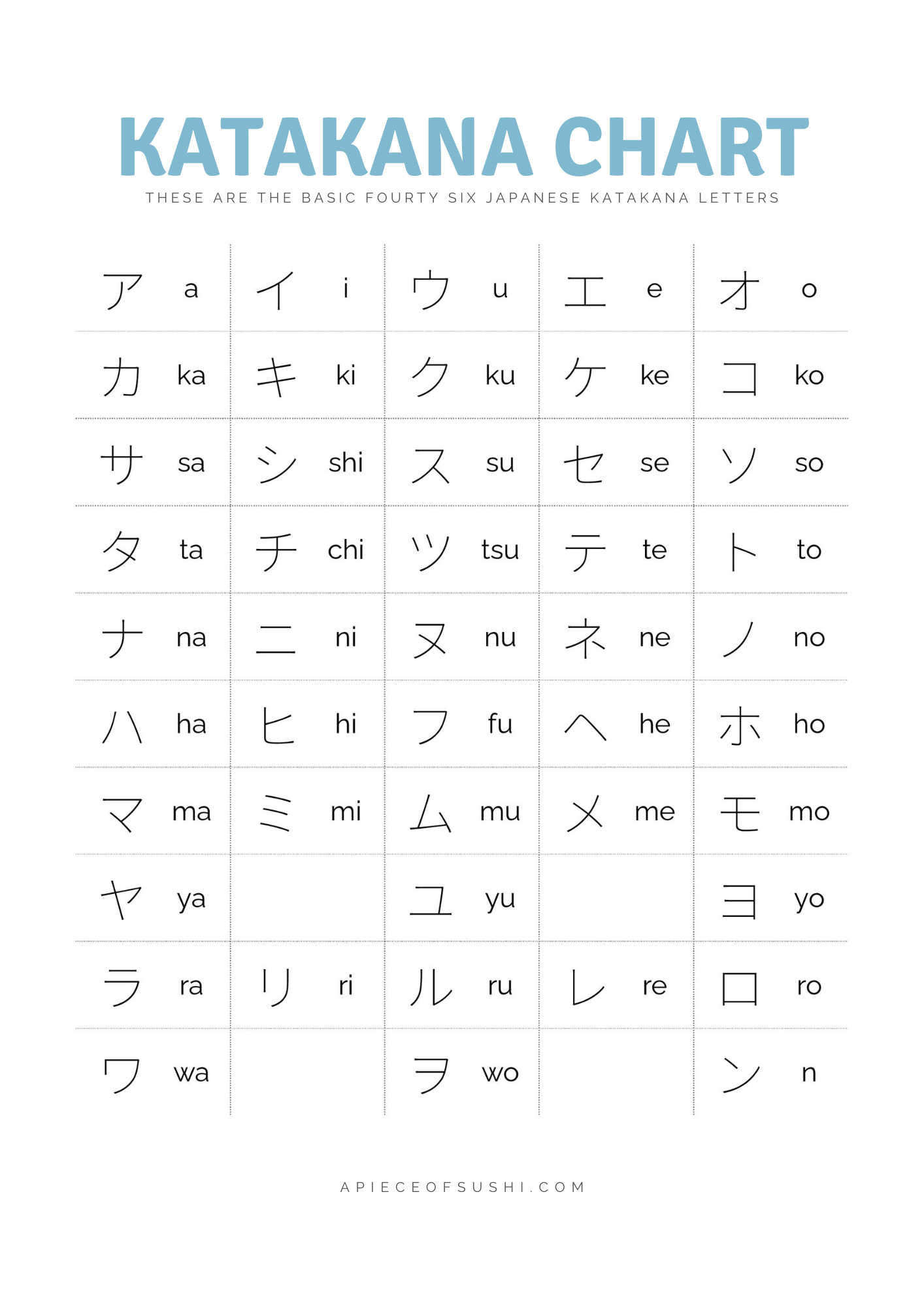
practice reading Japanese Katakana with this easy to read chart from apieceofsushi.com
Google Translations To Learn Japanese
Google translate is an extremely useful tool. Especially for beginner students studying Japanese.
It is however important to be very careful with how much you rely on the translations from Google. Many times it is great. Google can even use your phones camera to read Japanese and quickly change it to English.

But, because Japanese and English are so different, when advanced Japanese or English comes up, the translations can be questionable.
There is a bit of an art and knowledge to how Google may create a translation of something and what the result may be. The only way to know this though is to try to reach an intermediate level of Japanese to know that something is a little off in the translation.
Ready To Start?
Learning to speak Japanese and improve you Japanese reading certainly takes a lot of time and practice, but it's worth it. The biggest key to going from a beginner to intermediate to advanced Japanese speaker is regular practice every day. Practice your speaking, practice your writing, and practice your reading.

If you only want a few useful words for a trip here, or to get started on your Japanese journey, you may be interested in our quick e book that will teach you useful grammar and vocabulary for every day Japanese words you might not learn from most textbooks. You can find our Japanese Conversation Hacks here



